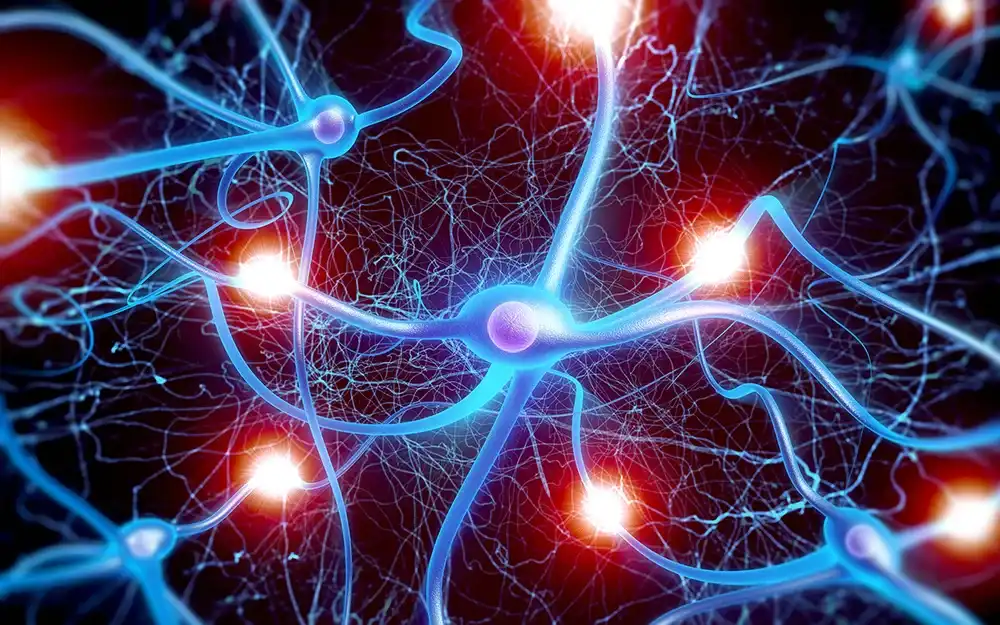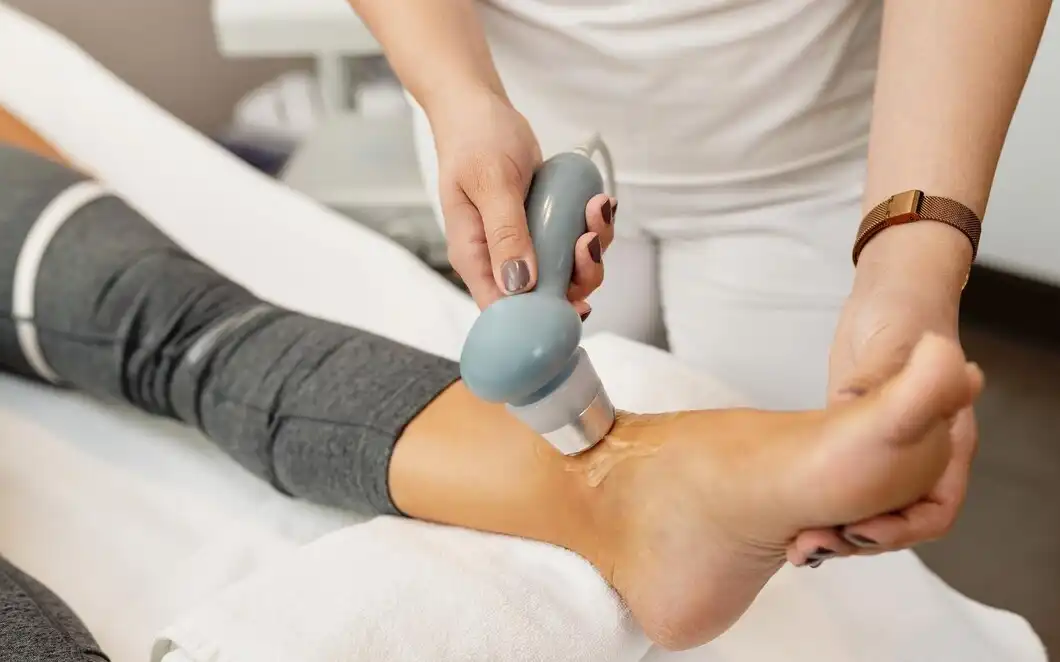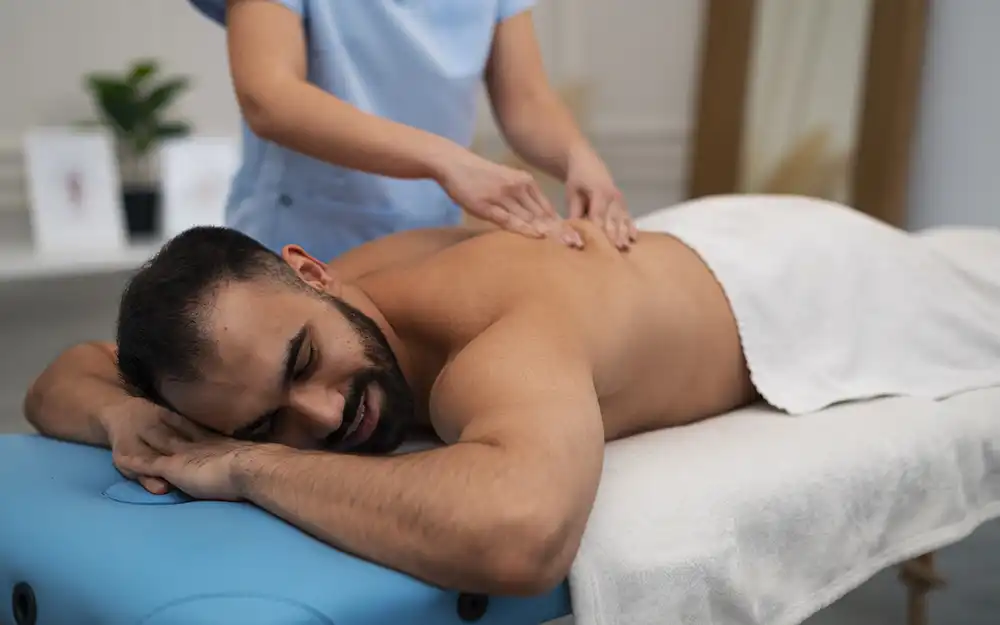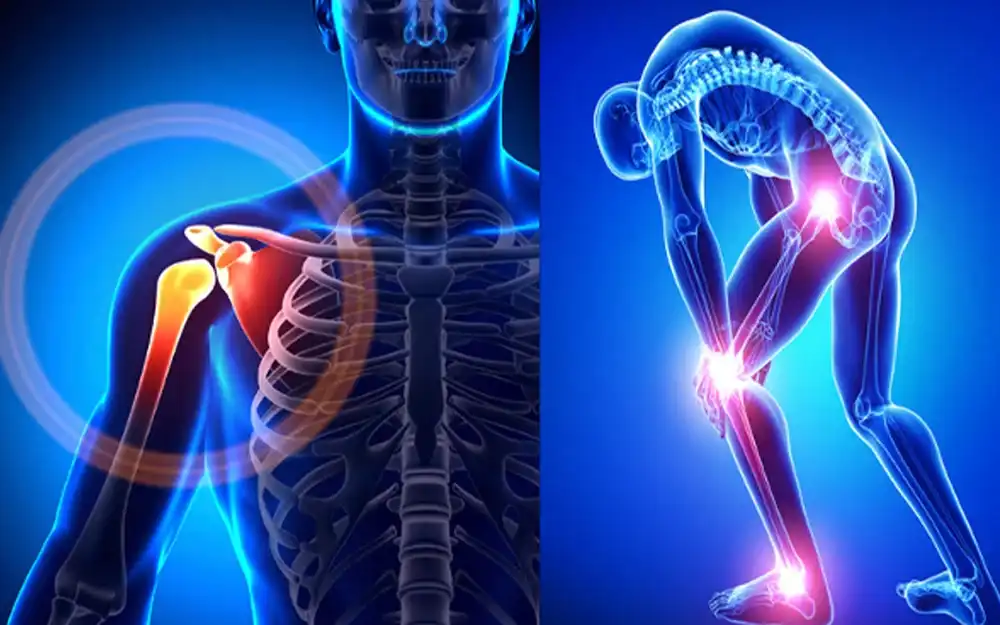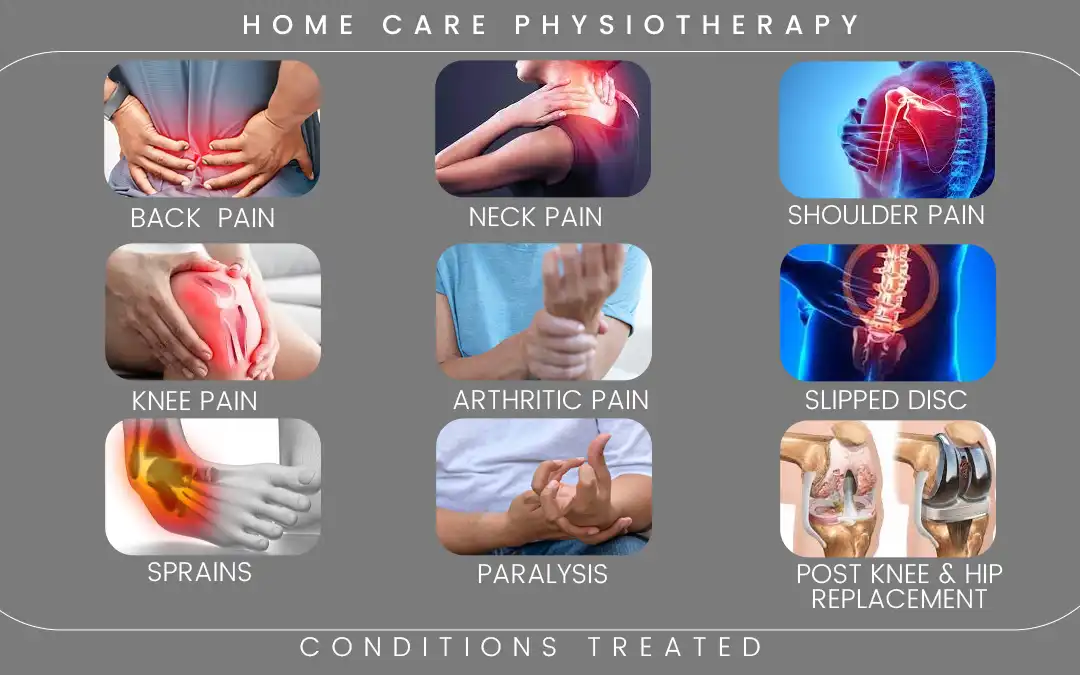Neurological physiotherapy is a specialized field that focuses on the rehabilitation of individuals with neurological disorders. These conditions can range from stroke and multiple sclerosis to Parkinson’s disease and traumatic brain injuries. At Wellness Physiocare Center, we are committed to providing the best neurological physiotherapy to help our patients regain their mobility and improve their quality of life.
Expert Care at Wellness Physiocare Center
Our team at Wellness Physiocare Center comprises highly trained and experienced physiotherapists who specialize in neurological rehabilitation. Each patient receives a tailored treatment plan that addresses their specific needs and goals. This personalized approach ensures the most effective and efficient path to recovery. Our center is equipped with state-of-the-art facilities and tools to support comprehensive care for all neurological conditions.
Holistic Approach to Rehabilitation
At Wellness Physiocare Center, we believe in a holistic approach to neurological physiotherapy. This means addressing not just the physical aspects of rehabilitation but also the emotional and psychological well-being of our patients. Our programs often include exercises to improve motor skills, balance, and coordination, as well as counseling and support to help patients cope with the challenges of their conditions.
Why Choose Wellness Physiocare Center?
Choosing Wellness Physiocare Center for your neurological physiotherapy needs means entrusting your care to a facility that prioritizes patient outcomes and satisfaction. Our commitment to excellence, combined with our comprehensive and patient-centered approach, makes us a trusted provider in the field of neurological rehabilitation. We are dedicated to helping our patients achieve the best possible outcomes and enhance their overall well-being.
The Benefits of Neurological Physiotherapy at Wellness Physiocare Center
STROKE Symptoms of stroke include trouble walking, speaking and understanding, as well as paralysis or numbness of the face, arm or leg. PARKINSON’S DISEASE is a progressive nervous system disorder that affects movement. Symptoms start gradually, sometimes starting with a barely noticeable tremor in just one hand. Tremors are common, but the disorder also commonly causes stiffness or slowing of movement. GUILLAIN-BARRÉ SYNDROME is a rare but serious autoimmune disease of the peripheral nervous system. It can lead to weakness and paralysis that may last for months or years.The condition frequently follows a mild viral infection that resembles flu or gastroenteritis, or GBS occur after a bacterial infection. CEREBRAL PALSY (CP) is a group of permanent movement disorders that appear in early childhood. Signs and symptoms vary among people and over time. Often, symptoms include poor coordination, stiff muscles, weak muscles, and tremors. URINARY INCONTINENCE is the unintentional loss of urine. Stress incontinence happens when physical movement or activity — such as coughing, sneezing, running or heavy lifting — puts pressure (stress) on your bladder. Stress incontinence is not related to psychological stress. MULTIPLE SCLEROSIS, or MS, is a long-lasting disease that can affect your brain, spinal cord, and the optic nerves in your eyes. It can cause problems with vision, balance, muscle control, and other basic body functions. A SPINAL CORD INJURY (SCI) is damage to the spinal cord that causes temporary or permanent changes in its function. Symptoms may include loss of muscle function, sensation, or autonomic function in the parts of the body served by the spinal cord below the level of the injury. TRAUMATIC BRAIN INJURY (TBI) is defined as a blow to the head or a penetrating head injury that disrupts the normal function of the brain. TBI can result when the head suddenly and violently hits an object or when an object pierces the skull and enters brain tissue. BELL’S PALSY is a condition in which the muscles on one side of your face become weak or paralyzed. It affects only one side of the face at a time, causing it to droop or become stiff on that side. It’s caused by some kind of trauma to the seventh cranial nerve.

